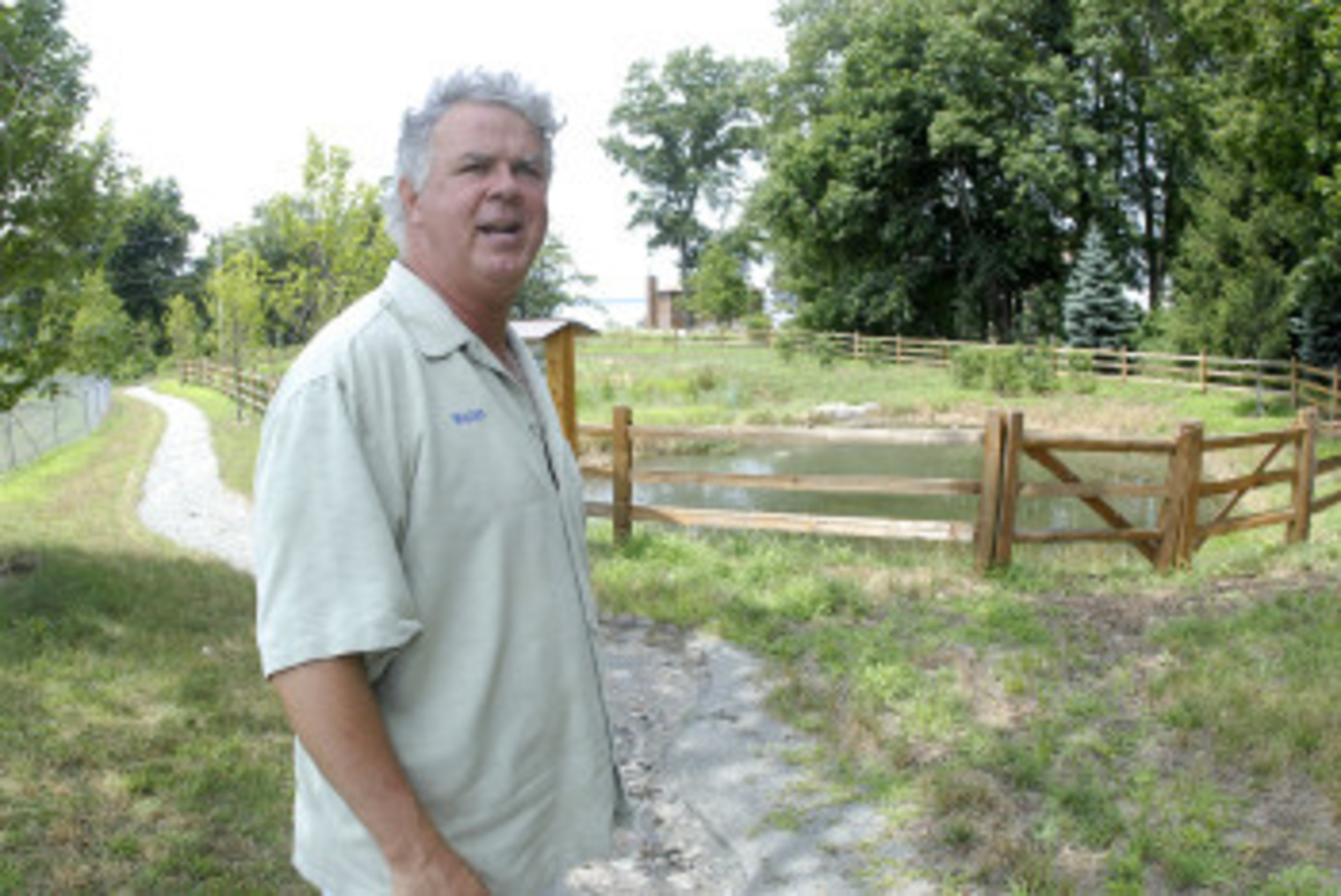Keeping it clean in Bristol
The water is clearer and you can see nearly to the bottom.
"Before it used to be a bit yellow and cloudy," Leslie Anthony said of the Bristol Town Beach.
The Bristol mom enjoys taking her daughter Kylie Rolando, to the beach during …
This item is available in full to subscribers.
Please log in to continue |
Register to post eventsIf you'd like to post an event to our calendar, you can create a free account by clicking here. Note that free accounts do not have access to our subscriber-only content. |
Day pass subscribers
Are you a day pass subscriber who needs to log in? Click here to continue.
Keeping it clean in Bristol
The water is clearer and you can see nearly to the bottom.
"Before it used to be a bit yellow and cloudy," Leslie Anthony said of the Bristol Town Beach.
The Bristol mom enjoys taking her daughter Kylie Rolando, to the beach during the summer to beat the heat. With over 65 Rhode Island beach closures thus far, Ms. Anthony worries that it will happen in Bristol, like last year.
"We would have to go to Sandy Point, but that's been closed, too," she said.
Fortunately for Ms. Anthony, the Town of Bristol has Walter Burke on its side. Mr. Burke, the head of the town's parks and recreation department, has recently wrapped up a three-year project that ensures the water quality in the town beach remains clearer, cleaner and safer for everyone to swim.
"So far, we've not had to close at all," Mr. Burke said. Last year, the town beach was closed for just one day as a result of bacteria levels in the water.
The project, funded with several different environmental grants from the state's Department of Environmental Management, utilizes bio-remediation to cleanse wastewater and rainwater that would otherwise enter the beach almost untreated. There were also two leaching fields, which Mr. Burke filled many years ago.
"Historically," Mr. Burke explained, "all the waste water from over 75 acres of residential area to the north (of Colt State Park), is collected into a 36-inch fast moving storm drain that just pumps the stuff right into the bay."
Human waste, sewage, rain runoff and animal waste would all enter the bay with little filtration, Mr. Burke said. This added to bacteria levels in the bay. The higher the level, the greater the risk at being closed down. Each beach in Rhode Island is tested twice weekly by the DEM; and Mr. Burke also runs a test himself in Bristol.
Three years ago, Mr. Burke gathered town and state officials at the town beach to discuss the issue of rainwater runoff and wastewater.
"My driving force was to get a new parking lot," said Mr. Burke, which is where his clean-water effort started.
Mr. Burke turned and old parking lot into an environmentally-friendly space. Six rows of rain gardens were constructed into the parking lot, which not only beautified the space, but also served as a collection spot for excess rainwater.
"Rain used to just roll on down to the beach and into the water," Mr. Burke explained. "Now it's collected, and absorbed by the plants and flowers."
Part two of the project included leveling out the land beside the large pavilion in front of the concession area. The area used to be a rolling hill, where Canadian geese would frequent and litter the ground with fecal matter. That waste would also wash down to the beach when it rained.
"Geese come in at an angle to land, and they hate trees," Mr. Burke said. "So, I got some dirt, made it level and planted trees. No more Canadian geese."
The last part of the project was completed in April. Flow from the 36-inch storm drain situated about 12-feet under grown on the north end of the property was diverted. The majority now empties into a bio-remediation pond known as the gravel wet vegetated treatment system.
First, the storm water runoff empties directly into the first basin of the system, which has a riprap pad that slows the entering storm water, reducing erosion. Two perforated pipes allow flow to enter the second basin, which includes wetland vegetation that removes pollutants from the storm water. Basin two filters into basin three, which provides the same bio-remediation aspects as the second basin.
Flow in both the second and third basins have to pass through 24-inches of thick crushed stone.
"On that stone lives a microbe that feeds off the bacteria in the water," Mr. Burke said. "So the microbes are cleaning the water."
The basins are also lined with impermeable PVC liner to prevent seepage.
"By the time the water gets to the wetlands before the beach, is virtually clean," he said.
U.S. Sen. Jack Reed (D) honored Mr. Burke's efforts early in July at a press conference on the beach. Mr. Reed encouraged other towns in Rhode Island to seek out Mr. Burke's methods for use in their own areas.
Mr. Burke emphasized the collaborative effort of many organizations - DEM, the Army Corps of Engineers, Department of Transportation, the Environmental Protection Agency, to name a few - in order for the change to be successful.
"I don't know the answer to fixing some things," he said. "So I get the people together who do know. That's how we get things done."






